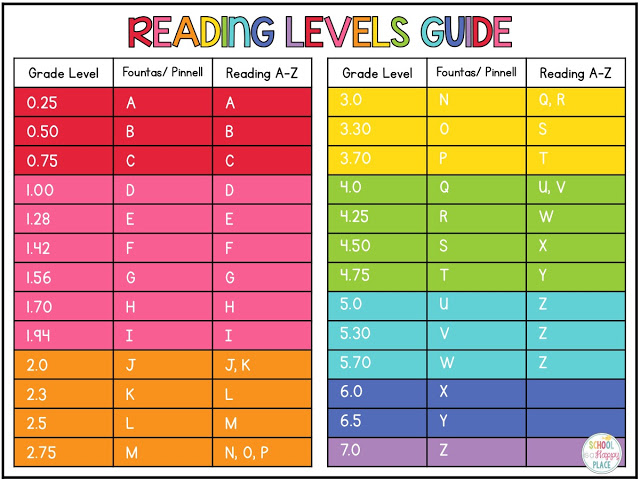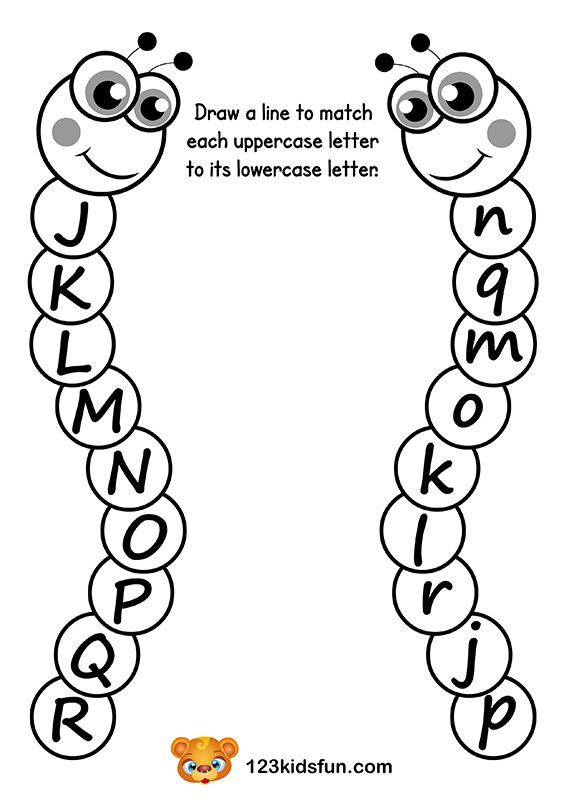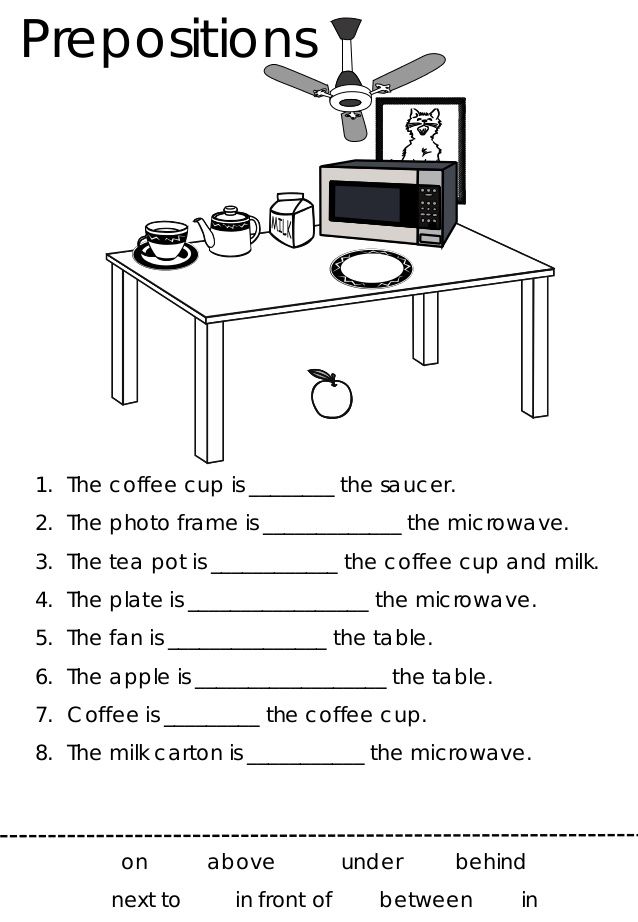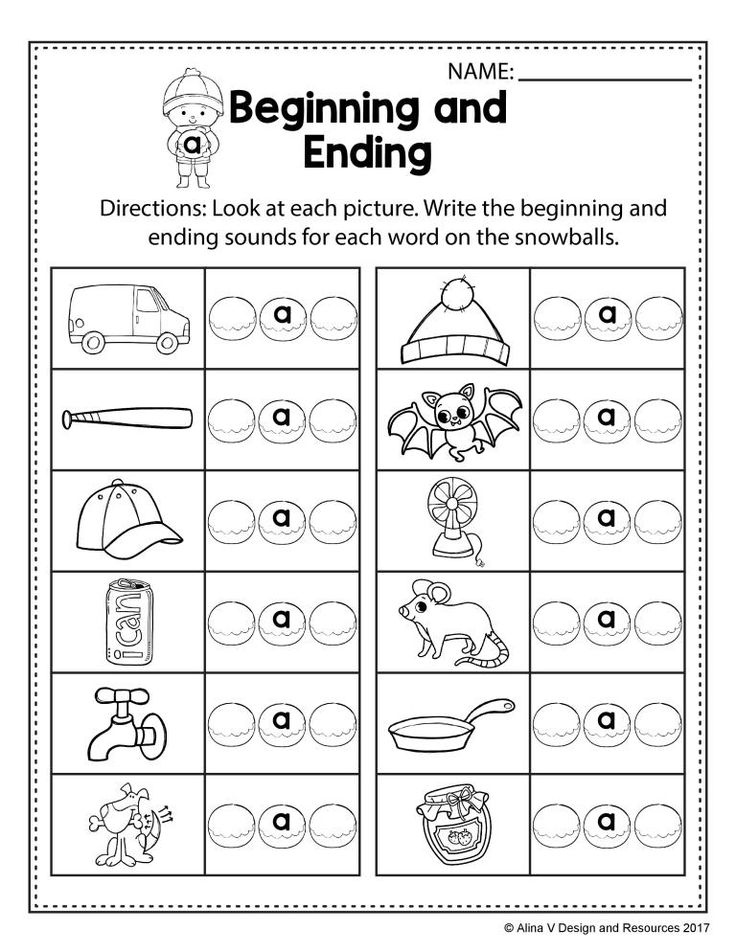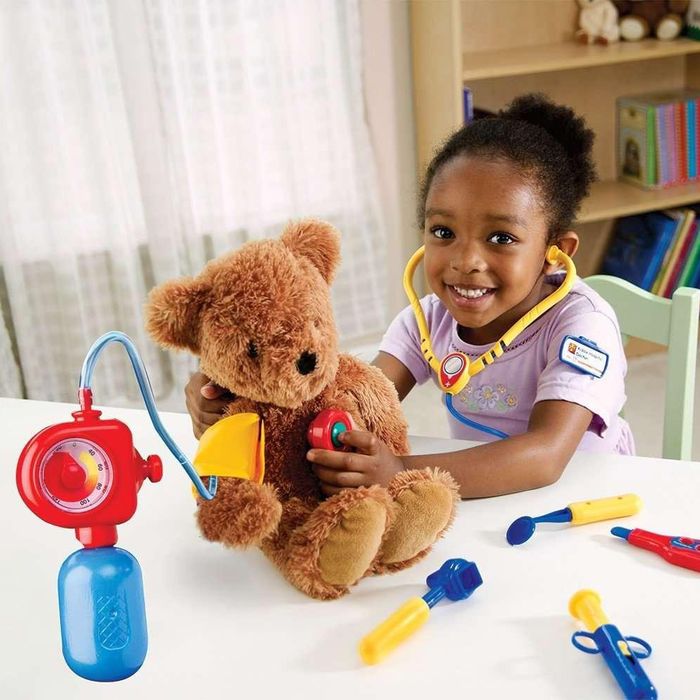Things to teach a baby
Top At-Home Ideas for 6-12 month old Babies
I am a play therapist with a background in elementary education & child development, so I like to use my education to help others by sharing tips. Today I was talking to a parent and she was concerned with her son’s development. She asked, “What can I start teaching my baby that will help with development?” He was about 10 months old. I suggested these important activities for her baby…
These are my favorite activities for those sweet little babies! I hope that these tips help you. I will also share a few of my favorite baby toys with an affiliate link to find them online.
Can you really make your baby smarter?
Every time that your child plays, interacts with you, giggles frowns, smiles, cries… they are learning, which means they are getting smarter. So many parents want to know, “When can I start teaching my baby when they are so young?” The truth is, this is a great age! Between the ages of 6-12 months, you can expect your child to be learning a lot and really engaging in activities with you!
Be creative in your play with your child! Sounds, touch, taste… these are all ways to teach babies. You don’t need to buy a ‘Teach my baby learning kit’ … you just need to play. 🙂
“Why is it So Important to Start Teaching My Baby?”
According to the Urban Brain Institute: “Because experiences have such a great potential to affect brain development, children are especially vulnerable to persistent negative influences during this period [0-3 years].
On the other hand, these early years are a window of opportunity for parents, caregivers, and communities: positive early experiences have a huge effect on children’s chances for achievement, success, and happiness.
The fact that children are affected by their surroundings is too obvious to bear repeating. Child development specialists have produced decades of research showing that the environment of a child’s earliest years can have effects that last a lifetime.”
“How Can I Start Teaching My Baby?”
1- Use Music.
Studies have always shown a link between music & cognitive development in babies.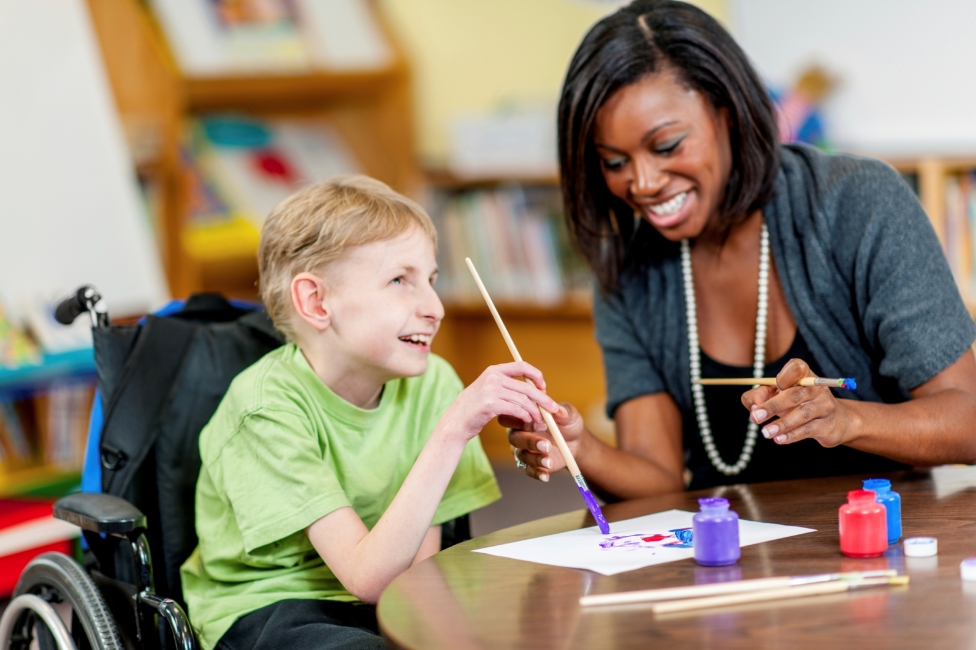 The greatest growth is from when they are still in the womb to two years of age, the time when listening-based learning is at its peak. Use a music immersion program like Nuryl, a customized music app designed to jump-start the baby’s cognitive development during this time of brain growth.
The greatest growth is from when they are still in the womb to two years of age, the time when listening-based learning is at its peak. Use a music immersion program like Nuryl, a customized music app designed to jump-start the baby’s cognitive development during this time of brain growth.
One recent research study from the University of Washington’s Institute for Learning & Brain Sciences (I-LABS) adds weight to the claim that playing music makes babies smarter. The study shows that a series of play sessions with music improved the baby’s brain processing of both music and new speech sounds.
2- Interact with your child.
Sing with your baby. Dance with your baby. Use music as a jumping point to do this. Did you know that our children start to learn from us when they are still in the womb? Music has been a link to advanced math skills, foreign language aptitude, memory, and focus, to stimulate a baby’s brain development starting in the 5th month of pregnancy to the second year?
Make it fun by adding finger puppets – not only is it fun but it also will enhance their hand-eye coordination.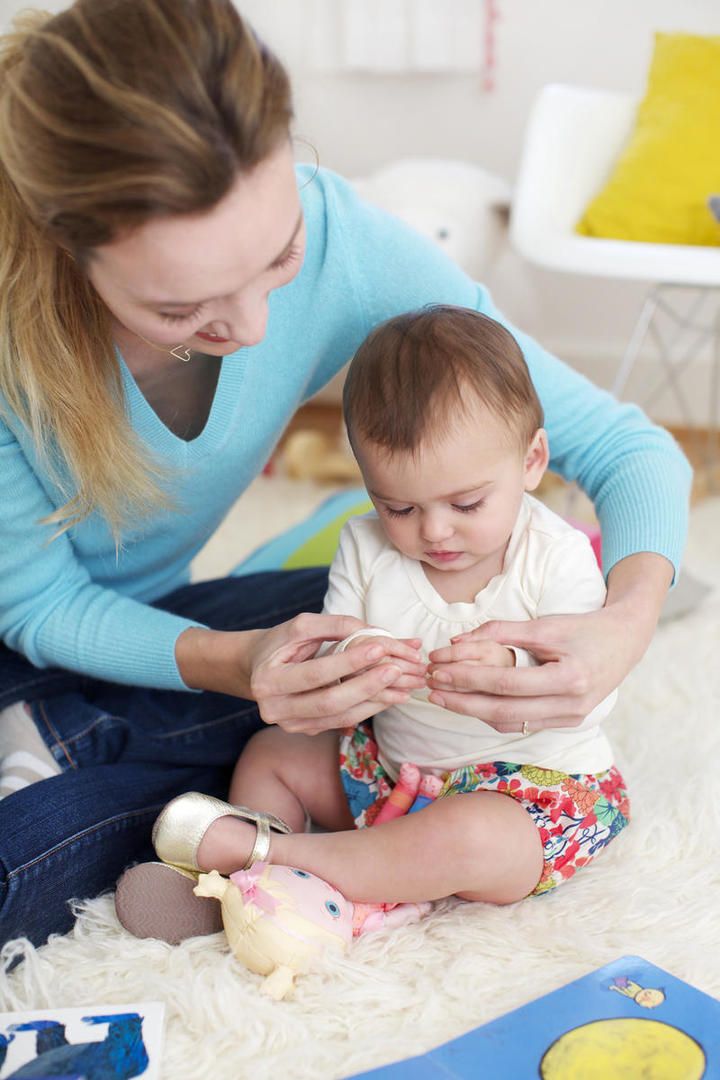 Find songs & fingerplays about those first words, first numbers, first animals & more.
Find songs & fingerplays about those first words, first numbers, first animals & more.
3- Say Hello. Say Goodbye.
By one year, your baby will start to prefer you and begin to cry when you leave. This separation anxiety is normal and healthy. Just tell your baby goodbye and that you will be back.
Do not sneak out! This will only make your baby more anxious the next time that you are around since he/she won’t know if you are going to sneak out again. Just be cheerful when you leave, as if it is no big deal… “Bye, sweet girl! I’ll see you soon! Have a great day! Love you!”
(Talk in the “Mother-ease” that I mentioned in THIS POST.)
With that being said, remember that it is a good thing to let your baby be with other people that will love & care for her/him. My mom watches our kids every week while I work (and many times during the week for other things!) My husband’s parents visit often (from six hours away), as well.
4- TEACHING: You can start showing your baby more books and flashcards. An example would be to teach him/her about the dog. Show your baby a picture of a dog and say “Look at the doggie! Ruff-Ruff!”
Continue to do this. (Teaching body parts, animals, vehicles…)
By 12 months, your baby will be able to point to the correct picture when you show him/her more than once and ask “which one is the dog?” What a great milestone!
5- Teaching your baby new words. “Ma-Ma”. Say it to your baby and they will try to repeat the word (or at least babble back to you). Don’t be too concerned if this does not happen yet, just keep working on it and in the meantime take a look at my post on Activities to help your child with their speech development.
Your child should be saying single words (Mama, Dada) by a year, but every baby is different and this may vary a little. If you do not see this happening by 12 months, you may want to bring it to your pediatrician’s notice (just mention it at their 1-year appointment).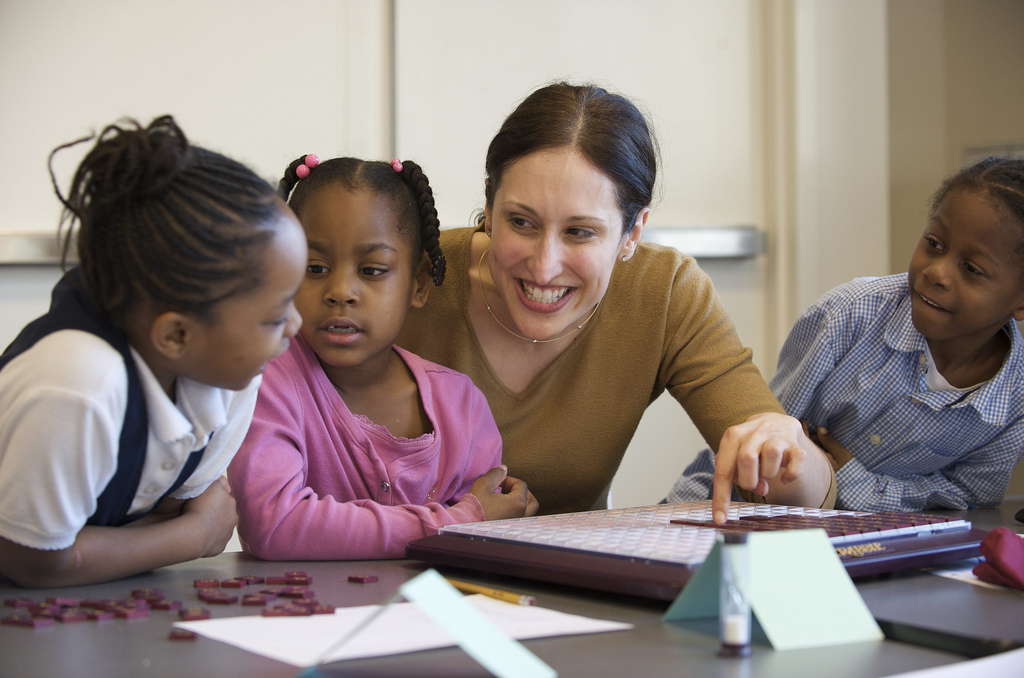
Most doctors will not suggest speech therapy until close to two years of age.
RELATED: 10 SPEECH THERAPY IDEAS TO DO AT HOME.
6- A fun activity is to take their favorite small toy (rattle, doll) and let them WATCH YOU hide it under a little blanket. You might even want to leave a little peeking out. Your child will learn to find it now!
By 12 months, your child will be able to uncover this and find that hidden treasure! (Remember that she/he will have to see you hiding it).
7- Read to your baby!* Babies love hearing the same book read over and over. When our oldest son was almost one, he had two favorites: Each Peach Pear Plum and Mickey’s Blanket. We would read these constantly and he loved them!
*Remember that reading a book does not mean that you have to “read” the book. You can use it as an opportunity to point to pictures, talk about things, pretend to eat the food in the books.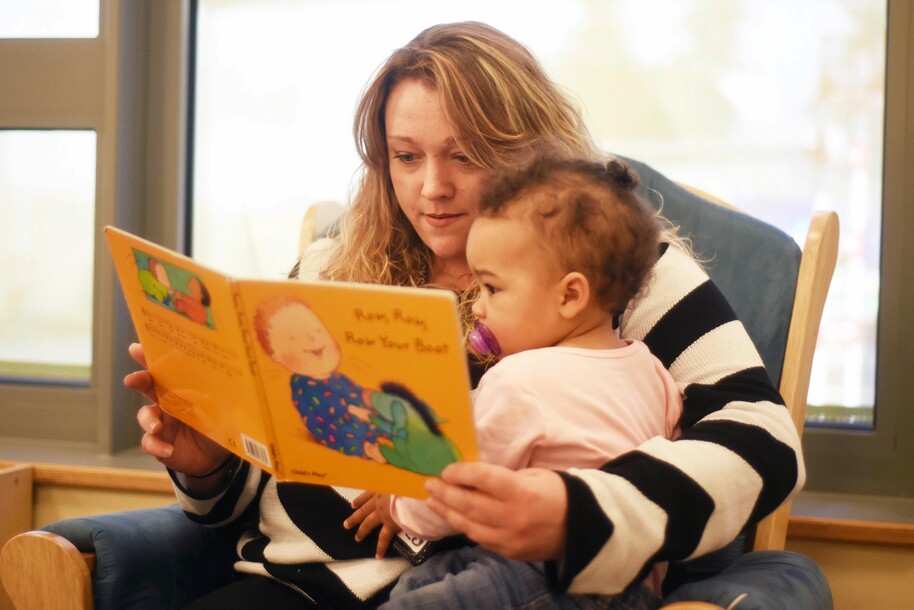 Our kids have fun when we pretend to take the hats off of the characters and put them on our own heads, too!
Our kids have fun when we pretend to take the hats off of the characters and put them on our own heads, too!
All of these things will benefit your baby in many ways! Take a “picture walk” (looking & talking about the pictures) with your child when you “read” these books!
8- Do new things – we have taken each of our kids on my parents ‘boat, even when they were young (they have to wear a life jacket, so be ready for a little fussing) but they have all enjoyed the boat once it gets moving.
(Here they are many years ago… watching fireworks from the boat, while it was still docked. They thought it was the best thing ever.)
9- Play the old favorites: This Little Piggy (see the words here), Pat-a-cake and peek-a-boo are all GREAT little songs to sing to your kids.
10- Do fingerplays with your baby. A fingerplay is just a hand action combined with singing or spoken words to engage the child’s interest.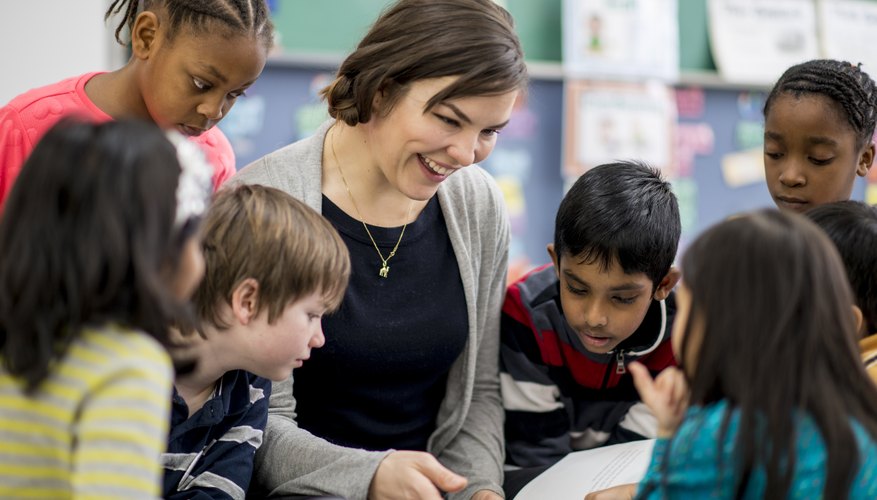
Here is an example: Five Little Monkeys
Five little monkeys (five fingers)
Jumping on the bed – (rest elbow on other hands, jump arm up and down)
One fell off, (hold up one finger, bring down as if falling)
And bumped his head! (hand to head)
Mama called the Doctor (use your hand like a telephone)
And the Doctor said (listening to “telephone”)
No more monkeys jumping on the bed (use finger and wave it back & forth to say “No No”)
Google “finger-plays for babies” for more great ideas! I’m sure you’ll get a ton!
11- Waving & throwing a kiss: You can do these things to your baby and your baby should try to imitate you. (Remember that it takes practice, so keep leading by example!)
12- Stacking blocks- Get out those wooden blocks and let your baby examine them. Stack them up for your baby and let him/her knock them down while you both laugh about it!
When your baby watches you and then begins to build with blocks, they are learning, planning, understanding spacial awareness, and improving fine motor skills all because stacking blocks requires physical dexterity. Blocks are a great learning tool!
Blocks are a great learning tool!
13- Get them moving- encourage movement! If your child is still crawling, add a few hurdles, like having them crawl over pillows. If they are learning to walk, give a little incentive- place a toy on one side of the coffee table and place your baby on the other side.
Guide them along the side, teaching them how to cruise, walk to the other side. If your baby is even more advanced, practice walking up tiny inclines (maybe a driveway), holding their hands.
14- Getting dressed- At this age, our babies all enjoyed changing time. It is fun for them and it is just another chance to spend one on one time with your little one.
Even putting on their diaper can be fun for them. Seriously- talk about things. “This wipe is cold!” “I am going to put on your diaper now. Can you help Mommy and step into your diaper?”
Remember that each child does things at their own time, but you can help your baby by spending “floor time” with him/her.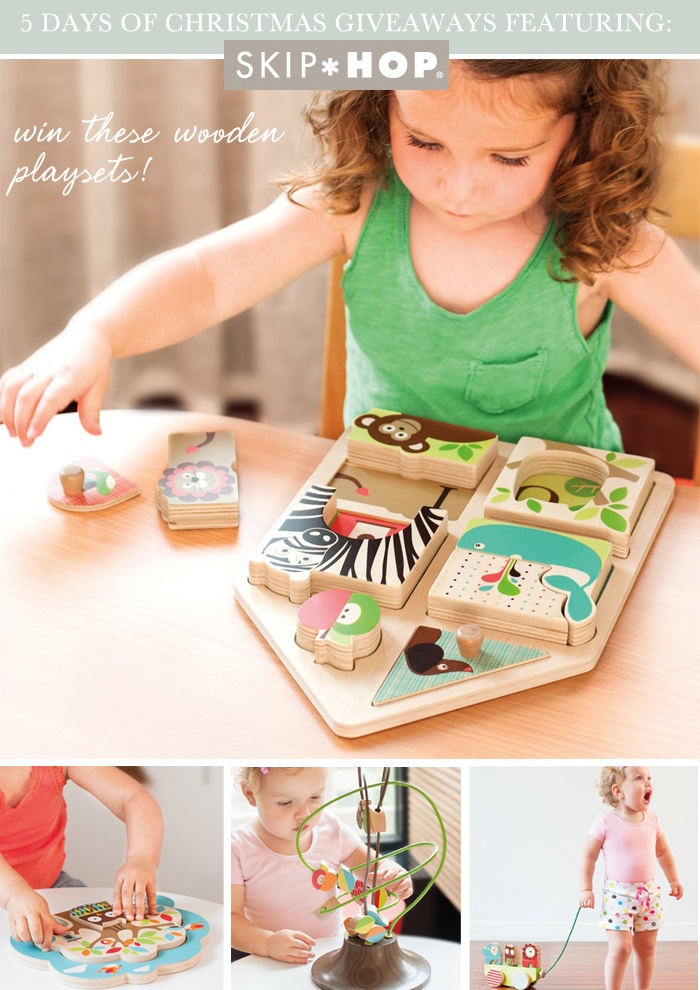 Play with your child, talk to your child, read to your child…
Play with your child, talk to your child, read to your child…
RELATED: GO FROM WATCHING TO PLAYING
15- SPEND TIME WITH YOUR CHILD
Here we are with our four children… the most precious thing that we can give them is our time & attention.
MORE POSTS YOU MIGHT LIKE:
© YourModernFamily.com. Content and photographs are copyright protected. Sharing of this article is encouraged and appreciated, copying and/or pasting articles to any social media is strictly prohibited.
Learning, Play, and Your Newborn (for Parents)
Reviewed by: Mary L. Gavin, MD
en español Aprendizaje, juego y su recién nacido
Play is the main way that infants learn how to move, communicate, socialize, and understand their surroundings. During the first month of life, your baby will learn by interacting with you.
The first thing your baby will learn is to associate you with getting their needs met. So, the feel of your touch, the sound of your voice, and the sight of your face will begin to mean nourishment, warmth, and comfort.
So, the feel of your touch, the sound of your voice, and the sight of your face will begin to mean nourishment, warmth, and comfort.
Even at this young age, babies are ready to learn about the world around them. Your newborn loves to look your face. Newborns can recognize and respond to a parent's voice (or other interesting sounds) by looking alert and becoming less active. Babies may try to find out where a sound is coming from by looking around.
When is My Baby Ready to Play and Learn?During the first month of life, your newborn will spend much of the day sleeping or seeming drowsy. Over the next several weeks to months, your baby will begin to be awake and alert for longer periods of time. You'll learn to recognize when your baby is ready to learn and play:
- A baby who is quiet and alert will be attentive and responsive and interested in their surroundings. Encourage learning with smiles, soothing sounds, and gentle caresses.
- A baby who is awake but active (squirming, flapping arms, or kicking legs) or fussing is less able to focus on you.
 The baby may seem upset or cry when you try to get their attention. These are signs that your baby may be getting hungry, tired, or overstimulated.
The baby may seem upset or cry when you try to get their attention. These are signs that your baby may be getting hungry, tired, or overstimulated.
As you care for your newborn, talk, smile, and interact with your baby. Pay attention and respond to your baby's cues. For example, watch how your baby moves or starts to make sounds back when you speak. Take turns "talking" to each other. This is how your baby learns to communicate.
In the first few weeks, you may want to introduce some simple, age-appropriate toys that appeal to the senses of sight, hearing, and touch, such as:
- rattles
- textured toys
- musical toys
- unbreakable crib mirrors
Choose toys and mobiles with contrasting colors and patterns. Strong contrasts (such as red, white, and black), curves, and symmetry stimulate an infant's developing vision. As vision improves and babies gain more control over their movements, they'll interact more with their environment.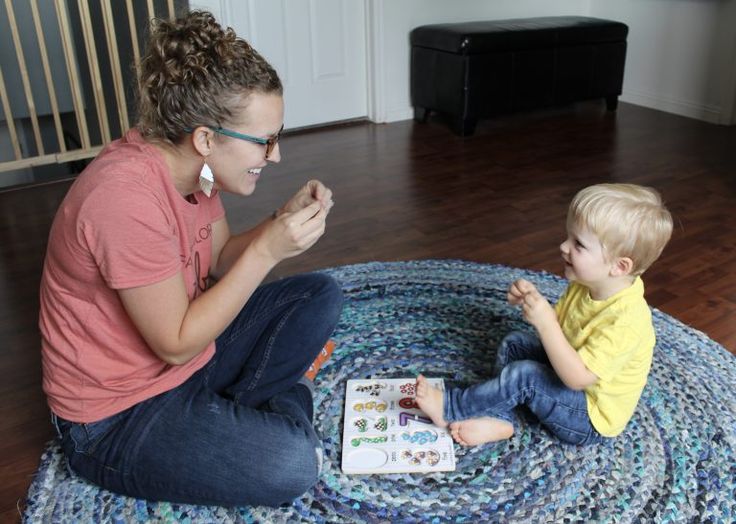
Here are some other ideas for encouraging your newborn to learn and play:
- Smile, stick out your tongue, and make other expressions for your infant to study, learn, and imitate.
- Use a favorite toy for your newborn to focus on and follow, or shake a rattle for your infant to find.
- Let your baby spend some awake time lying on the tummy to help strengthen the neck and shoulders. Always supervise your infant during "tummy time" and be ready to help if they get tired or frustrated in this position. Never put an infant to sleep on their stomach — babies should sleep on their backs to reduce the risk of SIDS (sudden infant death syndrome).
- Talk and read to your baby.
- Put on soothing music and hold your baby, gently swaying to the tune.
- Pick a soothing song or lullaby and softly sing it often to your baby. The familiarity of the sound and words will have a soothing effect, particularly during fussy times.
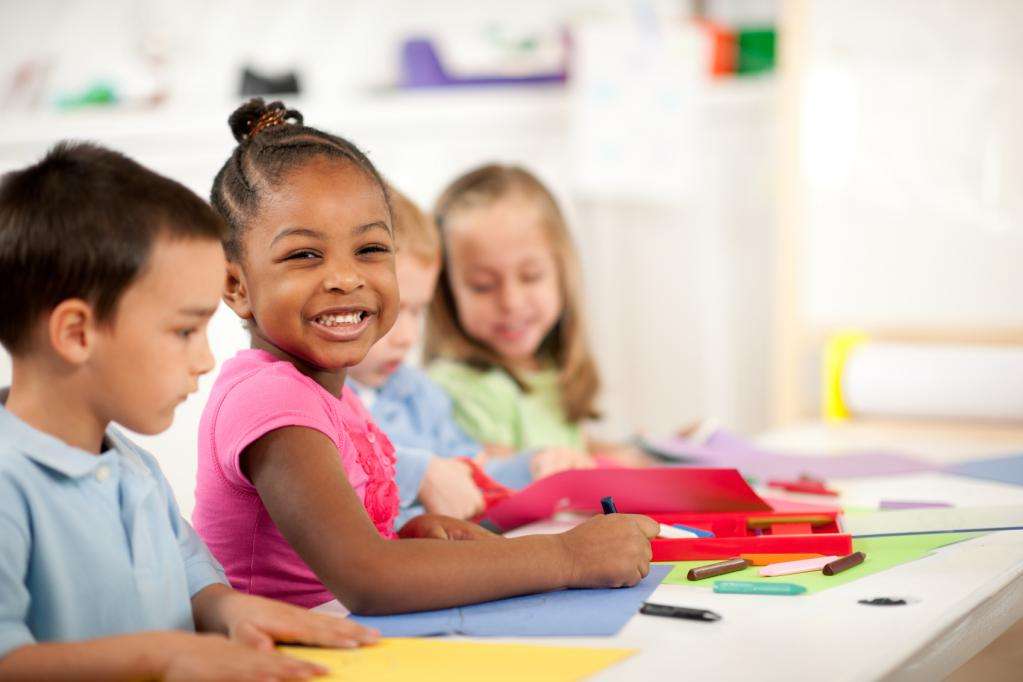
There is a wide range of normal development, so some children may gain skills earlier or later than others. Talk to your doctor if you have any concerns about how your newborn sees and hears, or if you have any questions or concerns about your baby's development.
Reviewed by: Mary L. Gavin, MD
Date reviewed: May 2022
25 Useful Things We Can Teach Children
We are made up of many habits. Some came to us from childhood - these are the rituals that we no longer remember how they appeared: say “bless you” to a sneezing person, cross the road to the green light, turn off the light when leaving the house. Others have grown over the course of their lives - the constant cup of coffee in the morning, pizza day on Saturdays, 25% of the salary set aside for a deposit ...
Right now, our children are acquiring habits before our eyes. We will not participate in the birth of some of them, they will be dictated by nature and the environment surrounding the child. But there are things we can teach children at an early age so that these useful skills will help them interact with other people and make life easier in the future.
But there are things we can teach children at an early age so that these useful skills will help them interact with other people and make life easier in the future.
Be polite. Never before has the use of the words "thank you", "please", and the ability to wish good evening did no harm. On the contrary, good manners and benevolent behavior simplify relations between strangers, decorate any conversation, open doors that are not amenable at first glance.
Be able to say "no". To a stranger on the way from school, who offers to walk with him in an unknown direction. A classmate who constantly lends things and does not give them away without being reminded. A peer offering a cocktail at the school disco. The child must understand that being polite is a wonderful quality, but they need to be able to sacrifice for their own safety, self-respect and respect for their personal time.
Maintain good hygiene. If from a young age you teach a child to take care of the cleanliness of his body: wash his hands after the street, brush his teeth twice a day, cut his nails regularly, take a shower and use hygiene products, this habit will serve well in the future. Everyone loves to deal with neat people.
Everyone loves to deal with neat people.
Don't be late. Unpunctuality is one of the biggest irritants. She can let down both a student at school and an office worker, therefore, with slow children, it is worth making it a rule from an early age to leave the house ten minutes earlier, prepare clothes and textbooks in the evening to avoid the morning bustle, and also set an example for parents to come at the appointed time for birthdays, friendly meetings or to the doctor.
Observe safety regulations. Life-saving rules must be developed automatically while children are still young and, if necessary, repeated hundreds of times until they are imprinted in memory: do not run across the road at a red light, do not play on the roadway, use electrical appliances according to the instructions, handle with care fire.
Know how to listen. This is one of the most important skills that will come in handy both at school (to perceive information), and at work (to pass interviews, negotiate), and in interpersonal relationships.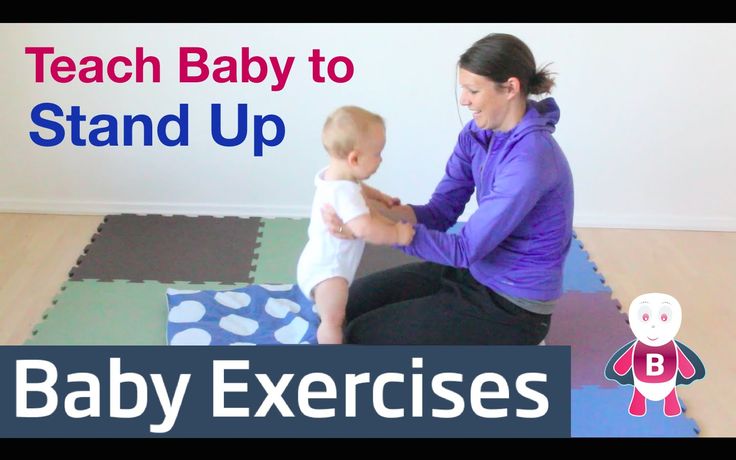 Therefore, it is important for parents to listen carefully to their children. And also teach them to wait in line to speak, not to interrupt the elders and to be attentive.
Therefore, it is important for parents to listen carefully to their children. And also teach them to wait in line to speak, not to interrupt the elders and to be attentive.
Focus. Procrastination is now spoken of with some defiance and bravado. Meanwhile, both modern children and adults are losing the ability to be diligent, concentrate on one task and get to the point. We can teach children to cut off the excess, not to be distracted by trifles, to focus on one thing, and when it is completed, take on another.
Put things back. Teaching a child to clean up his toys and hang up the clothes in which he came from school, you can reduce the entropy of scattered things now and in the future.
Apologize. It is important not to treat mistakes as something shameful, not to develop in the child a sense of shame for any mistake. But it is necessary to introduce the simple word “sorry” into the lexicon when you stepped on someone’s foot, accidentally pushed or offended. This word the child should hear from the parents. The ability to ask for forgiveness from someone you hurt will not only help build relationships, but also take a heavy burden off your soul when you feel you are wrong.
This word the child should hear from the parents. The ability to ask for forgiveness from someone you hurt will not only help build relationships, but also take a heavy burden off your soul when you feel you are wrong.
Read. A reading person will never be bored, literature will help with both outlook and literacy. Therefore, the sooner books appear in the hands of a child, the more interesting and richer his life will be.
Eat right. Babies pick up eating habits from their parents, so if you want your little ones to eat healthy food, you have to start with yourself and what we put on the table. Picky children will make a list of exceptions from the right food set, but still, if only semi-finished products and sweets are present in the parent's diet, it's hard to imagine a child wanting to eat a vegetable salad or a piece of fish.
Get to know each other. Starting in kindergarten, you can teach your child to approach other children and ask if they can play together. At first, a parent can take on the function of a leader and ask the child himself, who is playing nearby on the playground, what his name is, so that the children hear and remember how to make new acquaintances and friendships.
At first, a parent can take on the function of a leader and ask the child himself, who is playing nearby on the playground, what his name is, so that the children hear and remember how to make new acquaintances and friendships.
Respect personal space. For some tactile children it doesn't cost anything to get to know a person and in five minutes to sit on his knees. But not many people are ready to joyfully accept such a trusting attitude towards themselves. Therefore, open, tactile children should also be gently taught the concept of personal space, prompted how close you can come while talking with a stranger, who you can safely hug and touch, and who it may frighten at first.
Express your feelings. In stressful situations, it is important for both parents and children to indicate what is happening to them. And when quarrels happen, it is imperative to talk about your feelings and teach children to say that they are hurt, offended, unpleasant or scared. The ability to express feelings will help not to close and not to keep experiences inside.
The ability to express feelings will help not to close and not to keep experiences inside.
Ask questions. At the age of why, it is necessary to encourage children's questions and be sure to satisfy curiosity. Then in the future the children will not be afraid to ask questions to the teacher, they will want to know the nature of thousands of important things and thus will show their indifference to the world around them.
To be able to empathize and sympathize. Helping a sick kitten, buying groceries for a lonely neighbor, a donation will help the child understand that he is not alone in this world. An honest conversation about difficult life situations and other people's pain will help you learn to put yourself in the shoes of other people and understand how circumstances can develop differently.
Keep things in order. The ability to organize school supplies, neatly lay out clothes in a closet, sort out your creative materials greatly simplifies life.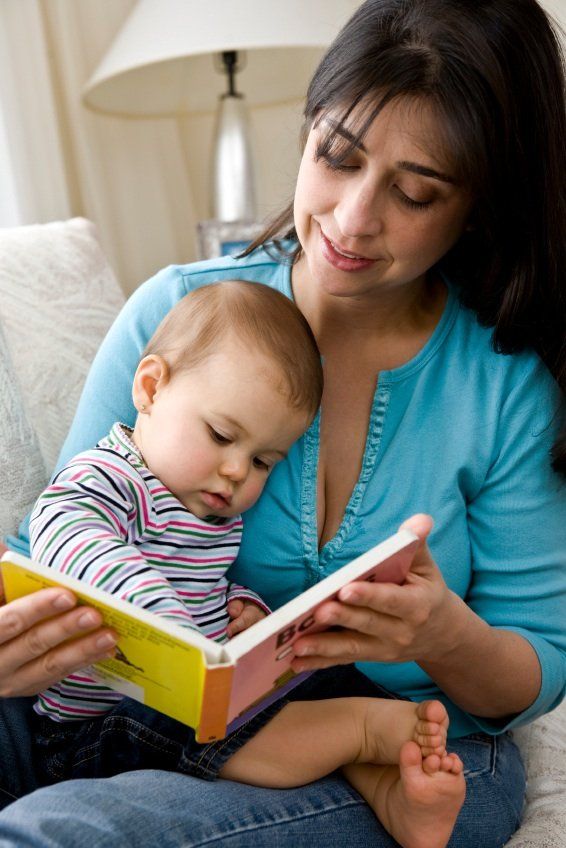 Parents themselves can decide at what age to entrust children with cleaning their territory, but before this issue is finally put under children's responsibility, helping around the house should become a habit.
Parents themselves can decide at what age to entrust children with cleaning their territory, but before this issue is finally put under children's responsibility, helping around the house should become a habit.
Prepare food. Children who know how to make a sandwich and a simple salad are easy to learn on camping trips, can help out at family picnics, and just don't feel helpless if a parent is busy or not feeling well.
Exercise. It's great when sport is a part of life from childhood. But if your child is more drawn not to the sections and the pool, but to books and modeling, then even a simple habit of doing exercises in the morning will help you wake up, tone your muscles and be with the sport, if not on a friendly, then at least on a friendly footing.
Perform in public. No matter how some parents oppose drill at kindergarten matinees, naive quatrains about bunnies and a fluffy Christmas tree are the first experience of public speaking that will be practiced at school and college, and in many cases at work.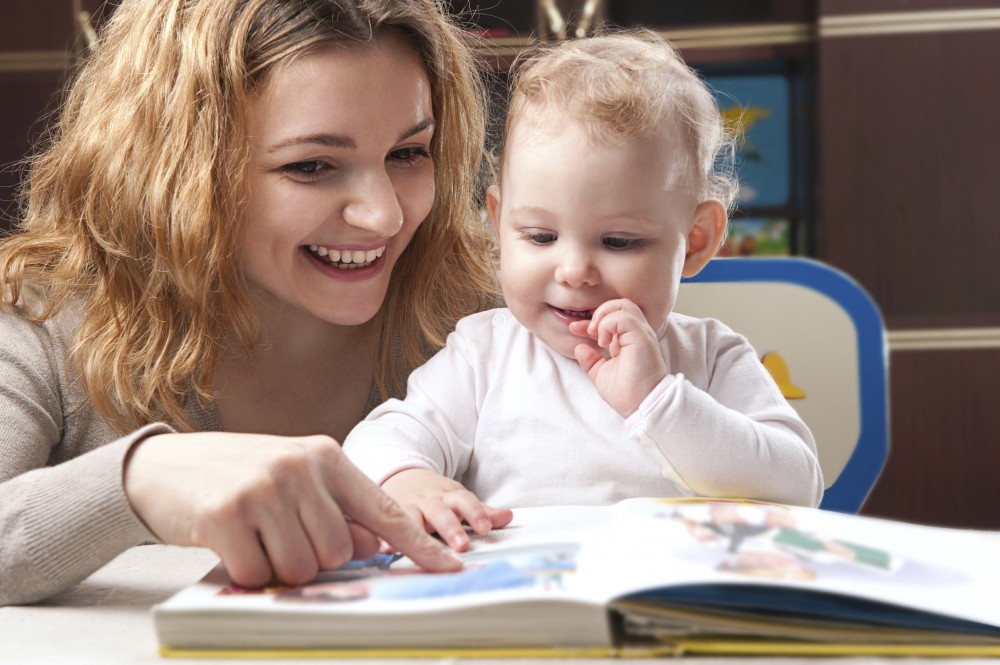 Psychologists devote volumes of books to the ability to cope with the fear of speaking, but we can cheer and rejoice at first with poems for Santa Claus, and in school years - help think through the concept of speeches and set children up for success.
Psychologists devote volumes of books to the ability to cope with the fear of speaking, but we can cheer and rejoice at first with poems for Santa Claus, and in school years - help think through the concept of speeches and set children up for success.
Understand the nature of money. The child will get the first idea about money by playing in the store, but he will not know the real value of what he has earned soon. The parental task is to teach their children financial literacy before they enter independent life. Everyone will decide for themselves what exactly they need to know: how to budget, pay bills, save money, save some income or invest it. It is important that, having started earning money, children understand how to manage it skillfully.
Believe in the best. Still life is easier for optimists, there is always light at the end of their tunnel. We cannot influence what kind of temperament our children will get, but we can inspire confidence in sad melancholics, set them up for the best, believe in our children and demonstrate a positive attitude to life by our own example.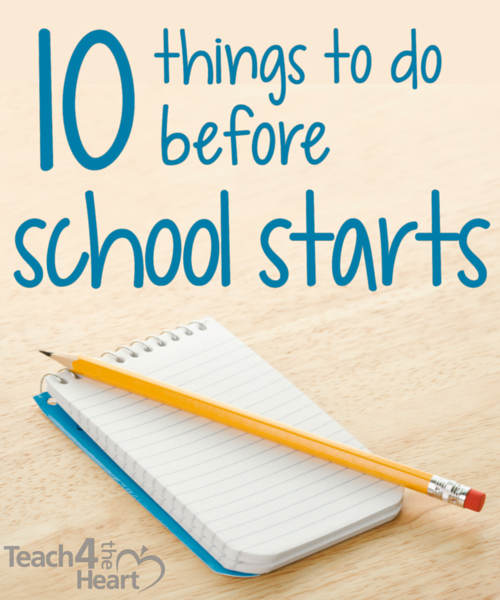
Get things done. Perseverance and unwillingness to give up halfway through something that doesn't work out is not the most common childhood quality. But it is still worth developing, because in the future we will have to meet tasks that cannot be abandoned like an unfinished tower. In order for a child to learn to achieve his goal, you need to give him simple tasks and gradually increase their complexity. And when difficulties arise, show how you can ask for help, how to look for a way to solve problems and bring what you started to the end. And be sure to give a sense of satisfaction from a job well done and completed.
Share. Now it is often said that you should not force a child to share things if he does not want to. And, in general, it’s hard to disagree with this, it’s enough just to project a situation on ourselves when we, adults, are asked to give someone a thing that we ourselves need. But still, there is a great human meaning in being able to share what you have with another person.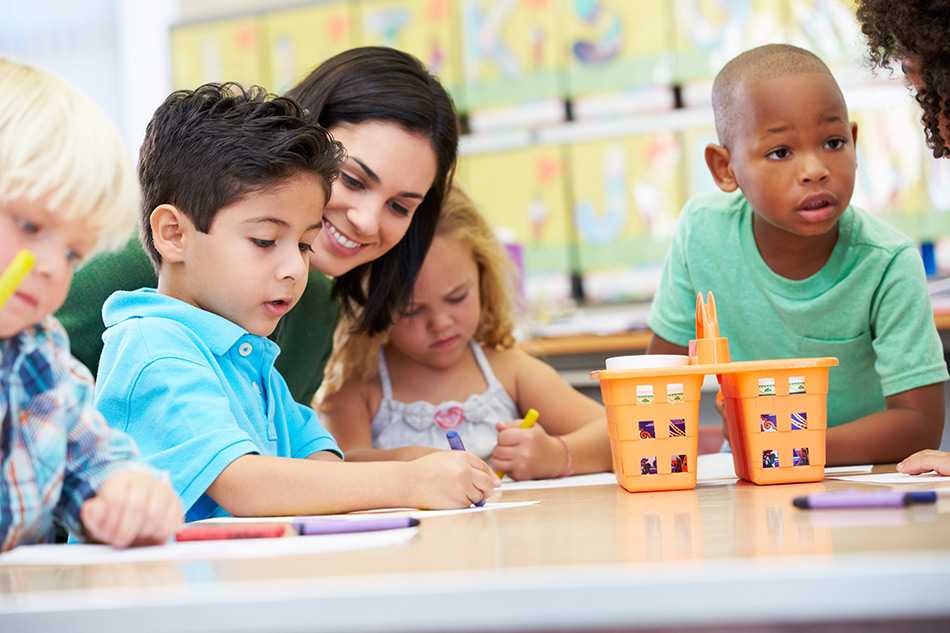 Even Jack London wrote that mercy is a bone shared with a dog when you are as hungry as he is.
Even Jack London wrote that mercy is a bone shared with a dog when you are as hungry as he is.
Take care of your loved ones. To see that someone needs care and participation (a grandmother living alone, an ill aunt, a friend who has broken his arm), and just to offer his help is very important for friendship, and for future family life, and in order to, becoming a parent yourself, be able to unconditionally give your love, time and energy to children, without thinking about what you will receive in return.
10 things to teach a child under 10
home
Parents
How to raise a child?
10 things to teach a child under 10
- Tags:
- Expert advice
- 3-7 years
- 7-12 years
- children
- teenagers
- moral education
Educators have clear ideas about what a student should know in a particular class. Doctors also use health standards for each age. Socially and at work, a ten-year-old child also has norms: observe personal hygiene rules without being reminded, clean the house and take care of your belongings, be able to use household appliances, cook simple meals, wash dishes, take care of pets, shop in a store, navigate in your area, use public transport, help adults.
Socially and at work, a ten-year-old child also has norms: observe personal hygiene rules without being reminded, clean the house and take care of your belongings, be able to use household appliances, cook simple meals, wash dishes, take care of pets, shop in a store, navigate in your area, use public transport, help adults.
And what about the attitudes of life, that a child needs to be vaccinated in each age period - we often do not know.
What baggage should be provided to the younger generation by the tenth milestone?
1! Do not be afraid to make mistakes
Can a person who never makes mistakes be called alive? Hardly. Mistakes make up our life experience: sometimes good, sometimes sad, but they should not be ashamed, and children should know about it.
It is not necessary to praise a child for every stroke of a felt-tip pen - in this way he will not learn to sensibly evaluate his own strengths. Sometimes it is worth pointing out a mistake and, if necessary, suggesting a way to solve it.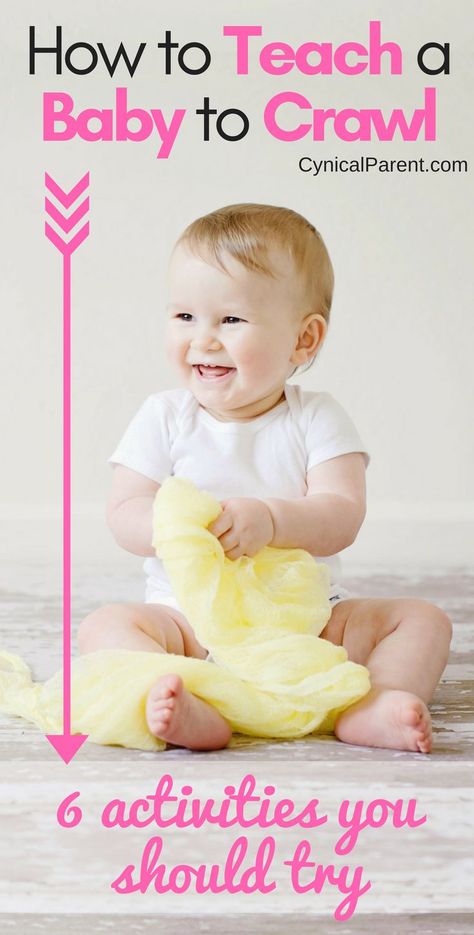 If the drawing of your son or daughter is not very successful, sit down and draw together. This will be a plus not only to his artistic skills, but also to the relationship between you.
If the drawing of your son or daughter is not very successful, sit down and draw together. This will be a plus not only to his artistic skills, but also to the relationship between you.
2! Be able to accept criticism
The task of parents is to explain to their child that not everyone may like his work, games in his company or himself. It doesn't happen that absolutely everyone finds something interesting or attractive. And teach your kids to ask questions: “Why didn’t you like my drawing?”, “What’s wrong with my new t-shirt?”, “Why don’t you play with me anymore?”. If the opponent is able to explain his point of view, the child will be able to analyze his words and probably benefit from them.
If not, then for such situations there is a concept of “biased criticism”, and children should also be introduced to it. It may be based on the negative feelings of the critic and the inability to control them.
3! Be able to say “no”
The problem of refusing someone's request has always been and will always be, and there are plenty of situations in life in which it is difficult to answer “no”. Undoubtedly, it is necessary to help and reach a meeting, but we must analyze the situation so that neither our principles nor the principles of other people suffer. It is impossible to please everyone, just as it is impossible to be good for everyone - this must be learned. The main thing is to be at peace with yourself.
Undoubtedly, it is necessary to help and reach a meeting, but we must analyze the situation so that neither our principles nor the principles of other people suffer. It is impossible to please everyone, just as it is impossible to be good for everyone - this must be learned. The main thing is to be at peace with yourself.
It is worth noting that when forming an independent and self-reliant personality, parents will certainly face a challenge to their will - "no, I will not do this." By refusing an adult's request, children who know how to say “no” will not be afraid that they will fall out of love or be rejected, deprived of trust and support.
4! Don't be offended
Fear of open conflict makes children feel defenseless and powerless. This applies not only to peer friends, but also to adults. Children are often taught that the teacher is always right. But the teacher is also a person, and he can behave incorrectly. And this does not mean at all that resentment on his part must be endured.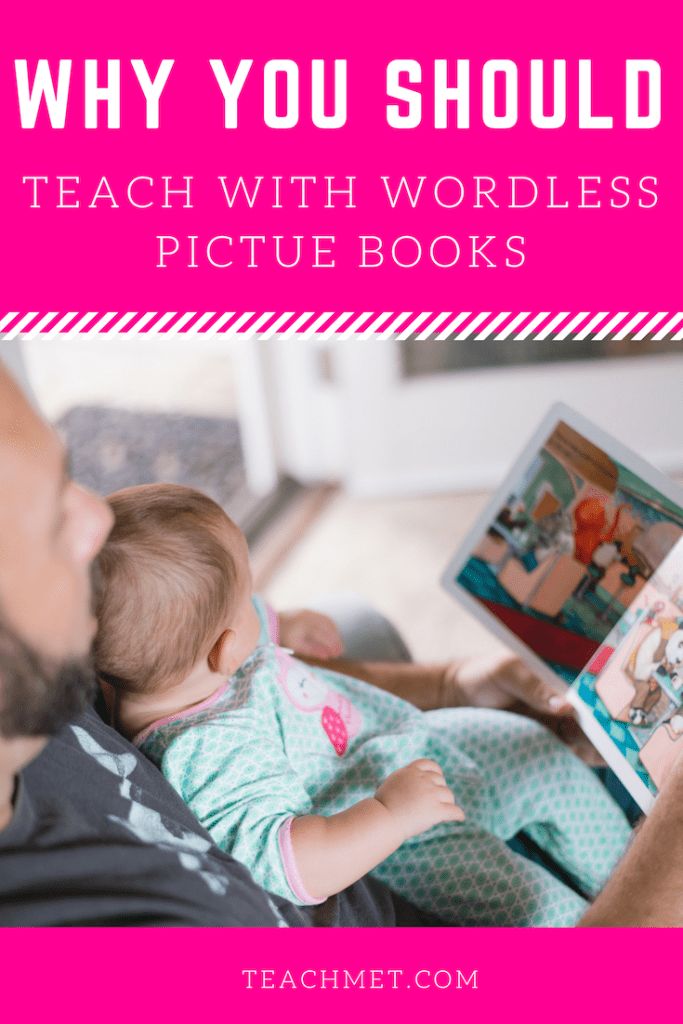
For example, a child is dirty and the teacher accuses him of being slovenly in front of the whole class. Well, what's wrong with that - anyone can get dirty. This answer is quite logical, and if you react to the attack in this way, then there will be no impoliteness in it.
5! Argue your opinion
It is very important that a child knows from an early age that he is valuable and needed, as well as his opinion on various issues. This forms the basis of self-confidence.
Use of the phrase “I said so!” does not explain the proposed solution and does not contribute to the formation of one's own point of view.
It is also worth explaining to the child that smart people are no better than guys who are unsure of themselves. Teach children to reflect on their feelings, emotions, ideas - why something he likes, but something repels. This will help to form in the future prudence and develop individuality.
Read also
How to make your child responsible for his affairs
Kindness lessons for our children
6! Not doing something just for the sake of approval
A child does many things “for company”.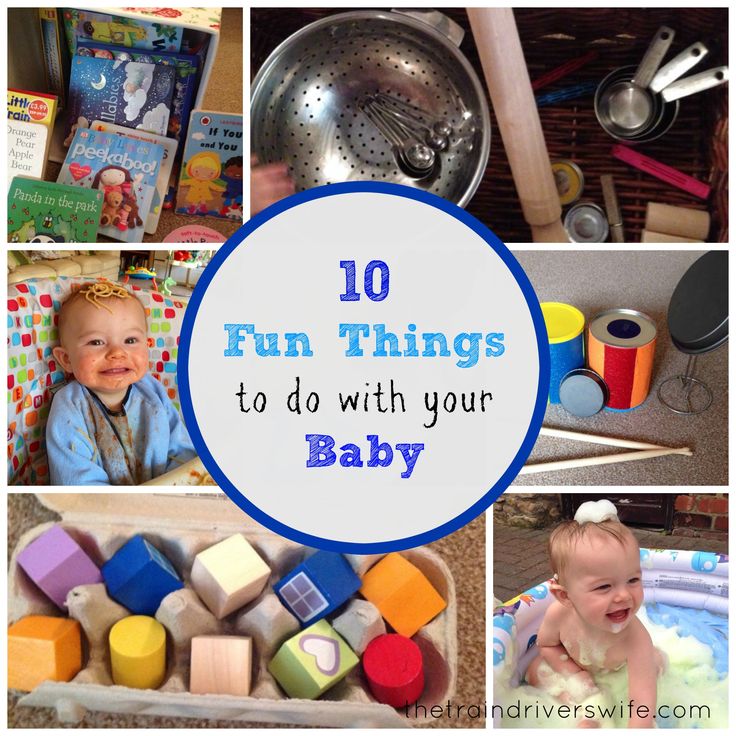 And it’s not at all a fact that he really wants to do everything that his friends suggest. It's possible he just wants to earn their respect. And if he is still regularly teased: “Are you afraid?” - especially. Who likes being a coward?
And it’s not at all a fact that he really wants to do everything that his friends suggest. It's possible he just wants to earn their respect. And if he is still regularly teased: “Are you afraid?” - especially. Who likes being a coward?
Explain that fulfilling other people's conditions that your child does not like does not make him cool, special. And true friends will understand and accept his refusal.
7! Don't be afraid to ask questions
The ability to ask the right questions is one of the "flexible" skills that help not only in studies, but also in later life and profession. Frequent “whys” are a sign of an inquisitive mind: the child passes information through himself, and simply listens carefully. But if there are no questions, it is likely that they simply do not hear you.
Warn your children against silly questions in lessons designed to make their classmates laugh. Jesters and buffoons are never taken seriously.
8! Be able to switch
In situations where the child's attention is focused on a task so that he cannot tear himself away from it, for example, the third hour solves an impossible task in physics, help him switch to something else.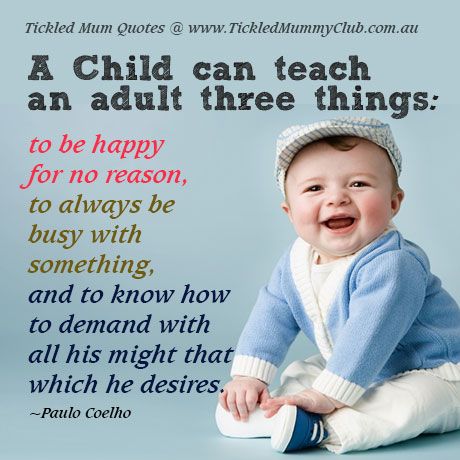 And then he will return to physics with renewed vigor.
And then he will return to physics with renewed vigor.
Simple techniques are used to switch attention, for example, the tomato technique, when the task is done for 20-25 minutes, and after that there is a five-minute break to restore attention. With the desire and regular practice, such techniques are within the power of every child.
9! Time management
Time management is not an easy task even for some adults, let alone children. If you come home from school and immediately sit down to watch cartoons, you may not have time to do your homework or complete the task, but get up exhausted in the morning. And if you can track your child's homework time in elementary grades, then he will have to do it himself. Therefore, the rule also works here: the sooner the better.
Put together a daily routine. You can add a touch of creativity to this process and draw it on a large piece of drawing paper. At first, you can track the implementation of the items. And if the child manages to finish something before the deadline, reward him with extra time watching his favorite cartoon, playing or taking a walk.
And if the child manages to finish something before the deadline, reward him with extra time watching his favorite cartoon, playing or taking a walk.
10! Respect people
In life, there are often situations when a person not only tries to put himself above others, but also boldly, or even boorishly, communicates with people who are either physically or morally weaker than him. It is important to convey to the child that everyone is equal, which means that everyone needs to be respected, and no one should be offended.
First of all, a personal example is needed here. Everything is important: how parents behave with their parents, children, spouse, girlfriend, an old woman on the street, a janitor, a shop assistant.
There are many other important skills and abilities: respect for animals and nature, the ability to admit that you feel bad. Each child comprehends the world in his own way, and the above tips will definitely not hurt him. And maybe one day it will be your children who will make this world a little better.

